Coppie di nazionalità diverse: Regime patrimoniale dei coniugi
aggiornamento: 27 marzo 2020
Last updated on 27 March 2020 by the Ministry of Justice
LIVING IN A COUPLE WITH DIFFERENT NATIONALITIES: MATRIMONIAL PROPERTY REGIME
Statutory property regime: provisions
The statutory matrimonial property regime in Italy is community of property, under Articles 177 et seq. of the Civil Code.
Assets acquired by the spouses after their marriage, whether individually or together, form part of the community property, with the exception of personal assets.
The personal assets of each spouse are:
- assets that already belonged to the spouse before the marriage;
- assets received as a gift or inherited after marriage;
- belongings for the strictly personal use of a spouse;
- assets needed by a spouse for carrying out his/her profession;
- assets received as compensation for damages, as well as any pension for partial or total loss of the ability to work;
- assets acquired with the price of the transfer of personal assets or through their exchange, provided that this is explicitly stated at the time of acquisition.
The following assets are included in the community property:
- the fruits of a spouse's personal assets, provided they still exist at the time of dissolution of the community;
- the proceeds from the individual activity of a spouse, provided they still exist at the time of dissolution of the community;
- enterprises managed by both spouses and established after marriage
Administration and power of representation in judicial proceedings in respect of community property may be exercised individually by the spouses, whereas acts of extraordinary administration must be performed jointly by the spouses.
The division of the community property is carried out by dividing the assets and liabilities in equal shares.
Possibility to opt for a different matrimonial property regime: formal requirements
The spouses may make a different arrangement. This must be done through an authentic instrument, on penalty of nullity.
If they choose the separation of property regime, they can declare this choice in their marriage record.
The spouses may also choose to set up a property fund, setting aside specific publicly registered movable or immovable property, or negotiable instruments in order to meet the needs of the family. (Article 167 of the Civil Code).
The fund may be established by one or both spouses by means of an authentic instrument. The fund may also be established by a third party, through an authentic instrument or a will.
The ownership and administration of the fund is subject to rules on the statutory community of property (Article 168 of the Civil Code).
Limits to the freedom to determine the matrimonial property regime
The spouses cannot make generic reference to laws or customs to which they are not subject, but must state specifically the contents of the arrangements which shall govern their property relations (Article 161 of the Civil Code).
Any agreement aimed at establishing a dowry is null and void (Article 166-bis of the Civil Code).
If, by means of an agreement, the spouses modify the statutory community of property regime, the community cannot include the following assets:
- belongings for strictly personal use;
- assets needed by a spouse for carrying out his/her profession;
- assets received as compensation for damages;
- any pension related to the partial or total loss of the ability to work (Article 210 of the Civil Code)
Furthermore, they cannot waive the statutory community of property rules on the administration of assets and equality of shares.
The legal effects of divorce, separation or annulment on the matrimonial property regime
Divorce, separation or marriage annulment lead to the dissolution of the statutory community of property.
Effects of the death of one of the spouses on the matrimonial property regime
Death leads to the dissolution of the community of property.
Competent authority in a dispute on a matrimonial property regime
Disputes fall under the jurisdiction of the courts, in accordance with the general rules.
Effects of the matrimonial property regime on the legal relationships between a spouse and third parties
The assets of the joint estate are not affected by the liabilities entered into by one of the spouses before marrying, or by the liabilities stemming from donations and inheritance received by the spouses during the marriage and not attributed to the joint estate (Articles 187 and 188 of the Civil Code).
The joint estate is liable for any debts contracted after marriage by one spouse for acts beyond ordinary administration without the other spouse’s consent, when creditors cannot obtain full satisfaction from the liable partner’s personal property (Article 189 of the Civil Code).
Where the joint estate is not sufficient to cover the debts, creditors may lay claim to the personal assets of each of the spouses, to the extent of one half of the claim (Article 190 of the Civil Code).
A short description of the procedure for the division, including partition, distribution and liquidation of matrimonial property in this Member State.
The joint estate is split up by dividing the assets and liabilities in equal shares. The judge who splits up the joint estate may, having regard to the needs of the children and their custody arrangement, grant one of the spouses usufruct rights on a portion of the property belonging to the other spouse (Article 194 of the Civil Code).
In the division, the spouses are entitled to remove the movable assets that belonged to each before setting up the community property or which they received during the community property through inheritance or donation.
If the movable assets to be removed cannot be found, the spouse may claim a sum corresponding to their value, establishing such value also by affidavit, unless the lack of the assets is due to use, deterioration or another cause not attributable to the other spouse (Article 196 of the Civil Code).
Registering immovable property: general procedure and documents or information required
Contracts transferring immovable property and, more generally, all acts constituting, transferring or modifying rights in rem on immovable property must be recorded in the property register; this rule also applies to the acquisition of immovable property forming part of the joint estate of the spouses.
To register a change of ownership of property, it is necessary to submit to the property register, together with a copy of the deed, a form in duplicate which must also indicate the property regime of the parties, if married, based on the statement made by them in the transfer deed or entered by the civil registrar in the record of marriage.
Any other marital property agreements which, for example, place the property of one spouse in the community of property or in an immovable property fund must also be recorded in the property register.
Relevant legislation
Civil Code (Royal Decree No 262 of 16 March 1942)
- Article 177 Object of the community of property
- Article 179 Personal assets
- Article 180 Administration of the joint estate
- Article 187 Obligations assumed by the spouses prior to marriage
- Article 188 Obligations arising from donations or inheritance
- Article 189 Obligations contracted separately by the spouses
- Article 190 Secondary liability for personal assets
- Article 191 Dissolution of the joint estate
- Article 194 Division of the joint estate
- Article 196 Equivalent value in case of lack of assets to be taken
- Article 210 Agreements modifying the statutory community of property
►Help us improve►Contact Assistance Services |
 |



